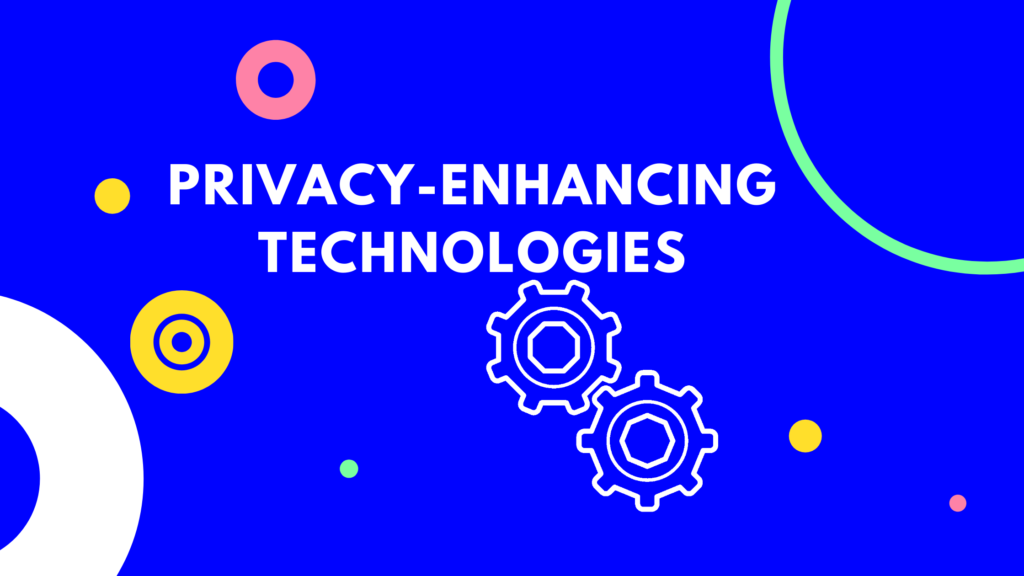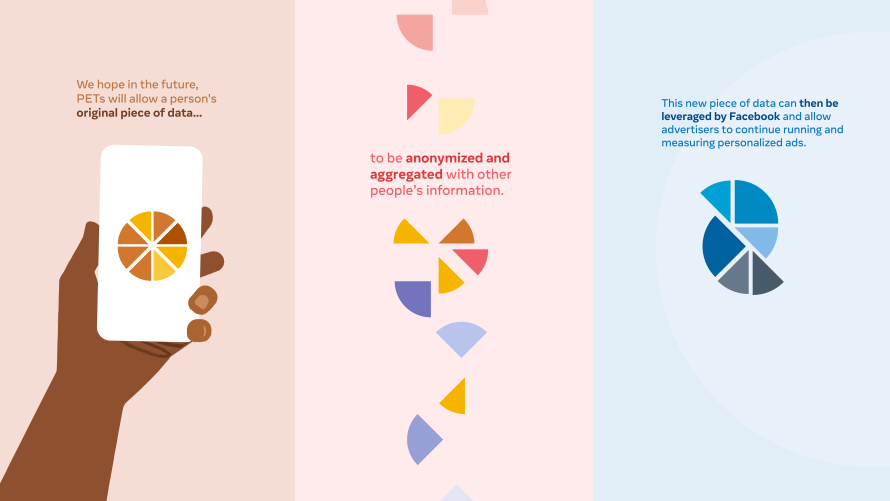The fear for security and privacy in the digital world has become increasingly important globally. We have been able to appreciate this in the measures that Google and Apple have taken to collect data through third-party cookies.
Undoubtedly, this series of measures is committed to improving the user experience by guaranteeing the security and privacy of their data. But on the contrary, it is a problem for the advertising business that is mainly based on the compilation of data by third parties.
Obtaining these data implies a greater agreement on the part of the advertising agencies and the platforms where they are obtained. Consequently, Facebook has faced the situation and has taken the necessary measures to stop relying on third-party services. For this, it has applied new technological solutions that allow it to continue creating personalized advertising without compromising the new trends of security and user privacy.
While other technology corporations continue to make changes through their browsers and operating systems, Facebook has created a series of options that optimize privacy. This is how PET, whose acronym stands for Privacy-Enhancing Technologies, have emerged. This new technology encompasses three advanced techniques that focus on maintaining ad measurement and personalization processes while reducing data processing. It also manages to suppress the participation of third parties.

What specifically are PET
PETs are a series of technologies that use different perspectives of computational activity and mathematics with a single mission. This purpose is to obtain the value of the data to unleash its full possible commercial and social potential without threatening the privacy and security of the information. They are advanced techniques that have been obtained from the fields of cryptography and statistics that minimize the data processed. In addition to minimizing these data, they protect their basic functionality, such as, for example, the measurement and personalization of advertising. This will favor the next generation of digital advertising, Facebook knows it and that is why it is using all possible means.
The three techniques that make up PET and that we will learn about later are:
- Safe multi-part calculation. Secure Multi-Party Computing Technology – MPC.
- Training on the device – On device learning.
- Differential protection of privacy.
Secure multi-party computing technology
Facebook provided a private framework for its developers to work on new products based on secure multi-party computing technology.
MPC or Secure Multi-Party Computation, focuses on joint work between companies. In this way, the different parties preparing a joint project will have access to the information necessary to calculate their campaigns in a limited way. Multi-party technology allows information to be manipulated by each party individually through end-to-end encryption. Each party may have access to information retrieved from the performance of its advertising campaigns.
On device learning – Training on the device
On-device training resides in a data procedure within the device without the need for the information to reach third-party servers. Its operation is similar to that of predictive text tools or the self-correcting dictionary that are optimized according to the information retrieved. It favors the development of an algorithm that recognizes the user’s patterns, creating a prediction to display advertising based on their interests.

Differential privacy protection
It is the procedure used as a complement to the previous techniques. It is based on data protection against probable identification by adding noise to the acquired results. By means of this technology, slightly different numbers could be emitted than those that have actually been obtained in the results of an advertisement. This different emission of numbers could increase or decrease the number of users estimated in the results, producing true data. But its noise ratio would mask user information. It is simply a cryptographic system that allows a layer of “random noise” to be added to a data set. This makes it impossible to extract specific information about each individual piece of information.
Well, these would be the new techniques to be used by Facebook. It is clear that in a world in which user data has more and more value, protection is needed in some way. But let’s also be realistic, data protection will always be up to a point, to the point that suits them because if not … What would the tech giants be without our data that is worth more than gold itself?

